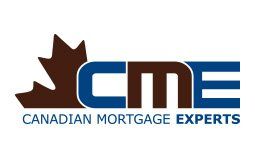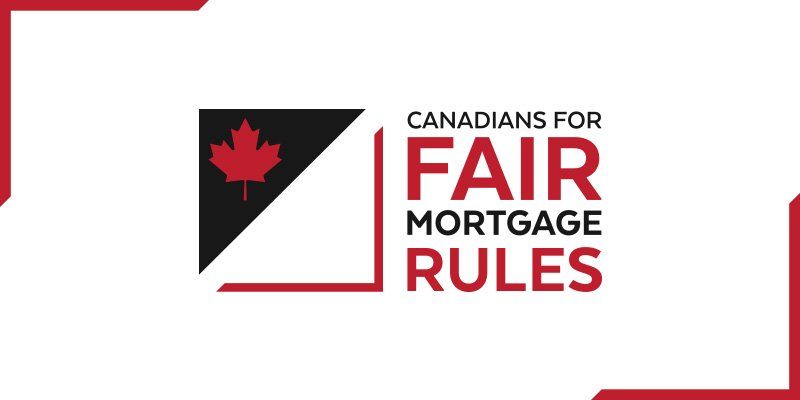Canada’s Weak Quarter 1 Home Sales | Fair Mortgage Rules
It seems that regardless of where you look, most news outlets are reporting that Canada has seen some pull back in the housing market Q1 2018
According to an article entitled “Examining Canada’s weak Q1 Home sales”by the ever popular mortgage blog Canadian Mortgage Trends we learn that:
“National home sales and property prices both declined in February compared to a year earlier, the Canadian Real Estate Association’s (CREA) latest monthly data shows. Canadian home sales declined 16.9 per cent, while the average selling price dropped 5 per cent year-over-year to an average of $494,000. The hot Vancouver and Toronto markets, even though they’ve stabilized somewhat since their peak in early 2017, are still driving up the average price for the whole country. By excluding these two markets the average price of a Canadian home is $112,000 lower, at just $382,000.”
Why is this? Well, the article goes on to claim government intervention. As do so many other news articles.
TD Senior Economist Michael Dolega, claimed “We believe that much of it (buyers remaining on the sidelines) has to do with lingering uncertainty, with additional regulations introduced in the B.C. budget adding further tensions, along with B20 impacts (government rule changes) and rising rates.” source: EconomicsTD.com
So if the latest government rule changes are impacting your ability to buy or refinance a home, is there anything you can do about it? Well, here is a link to a “fun” website (fun in quotations because let’s be honest, none of this is really all the fun) that does a good job of using satire to drive home this point and tells you how you can make your voice heard.
If you are a small business owner in Canada, this video might hit home! Or if you are a first time home buyer – the following video might be more your speed!
If you have any questions about the latest government rule changes, and how they will impact you and your ability to purchase or refinance a home, please don’t hesitate to contact any of our Canadian Mortgage Experts anytime.




